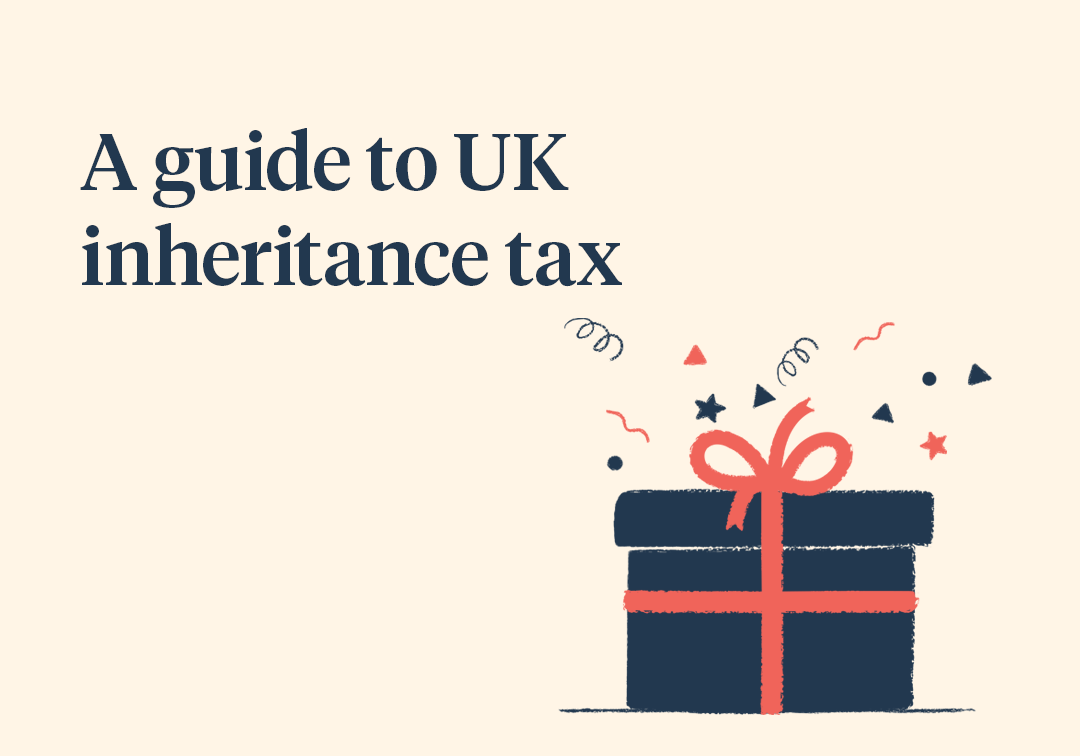Last year, the National Audit Office estimated that 134,000 pensioners – mostly women – were owed an average of £8,900 each, amounting to total underpayments of over £1 billion. This year, it raised those estimates even higher, saying that around 700,000 potential cases need to be reviewed by the government and there could be as many as 237,000 people affected.
Progress has been slow, to the end of October 2022, the Department for Work and Pensions (DWP) has reviewed 111,503 cases1 and identified 31,817 (29%) have been underpaid and underpayments totalling over £209.3m paid.1 The numbers keep on rising as new errors are identified.
How has this happened & what is being done about it?
The State Pension underpayments saga is due to a variety of factors including computer errors, information not being recorded properly on people’s records, the complexity of the pension system, and the way it was designed after the Second World War.
The DWP is now working its way through its records. Some people have already received their State Pension top-up and others will get their missing payments automatically this year or next, but some people will need to make a claim themselves.
How much unpaid State Pension could I be owed?
Initially, the average payment was estimated at just under £9,000 but individual amounts paid vary widely, partly because different types of claims have different backdating rules, and also because some people may be able to claim in more than one category.
Some married women who were only receiving a SERPS pension and no State Pension have received £40,000 or more, while other people may not receive any backdating at all, but at least will receive the full amount from now on. To make matters more complicated, there are cases for which a current or historical underpayment of State Pension has been identified but where a corresponding overpayment of another benefit (for example, Pension Credit) has occurred as a result – meaning that there was no net underpayment to the individual!
Do be aware that some (not all) back payments may affect your tax situation or benefits entitlement.



